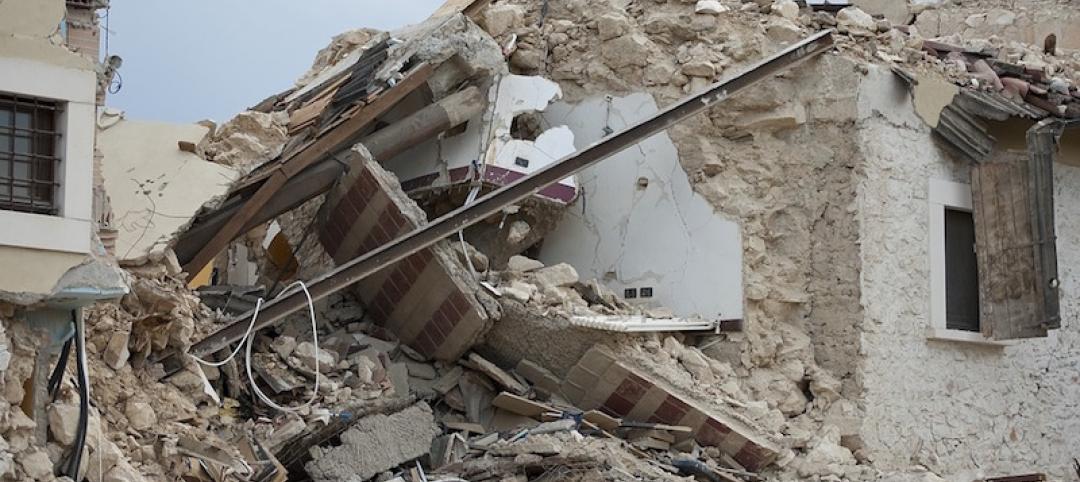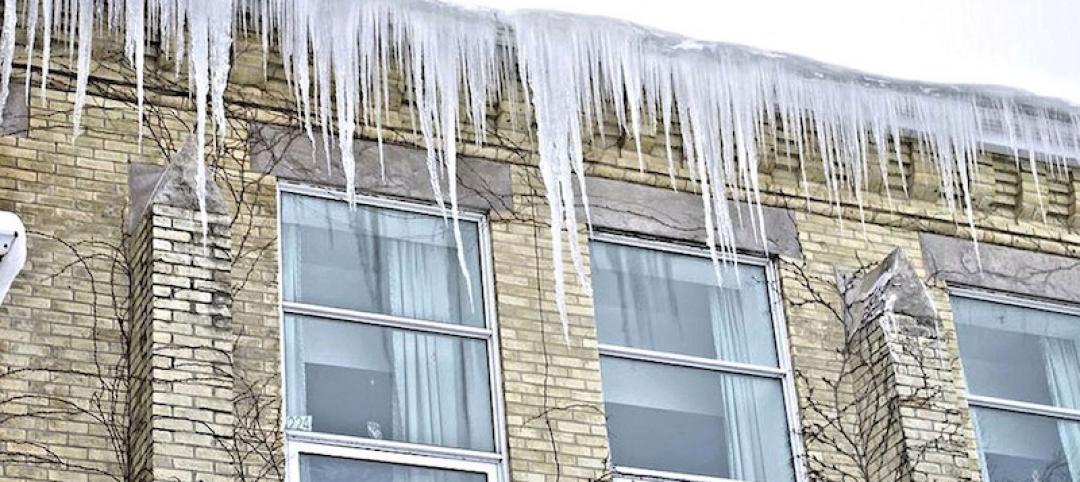Commercial property owners should commit to greenhouse gas (GHG) reduction—a strategy that reaps financial benefits and prevents buildings from becoming stranded assets, according to an energy efficiency consultant writing in GlobeSt.
A systematic drive to reduce emissions across the portfolio will garner savings on energy and water, as well as on levies for exceeding carbon emissions standards enacted by local governments. Decarbonization can avoid “stranded assets … properties that will be exposed to the risk of early economic obsolescence due to climate change because they will not meet future regulatory efficiency standards or market expectations.”
The first step is to set minimum standards for the entire portfolio and efficiency goals for individual properties. Portfolio standards could be performance based (e.g., 10% reduction of all assets by 2030), or prescriptive based (e.g., 100% LED lighting at all assets by 2025).
An energy and water audit, a comprehensive analysis of the property’s energy and water consumption using the ASHRAE Energy Audit Standards, should be conducted at each site. The audit measures energy and water usage, identifies property conditions that may cause excessive use, and provides efficiency measures to improve energy and water efficiency.
Other GHG reduction measures include building automation and controls, retro-commissioning, sourcing green energy from utilities, fully electrifying buildings, and integrating renewable energy systems into the property.
Related Stories
Codes and Standards | Apr 12, 2017
Trump infrastructure task force suggests arbitration to speed projects
Permitting process could be reduced from 10 years to 2 years under the proposal.
Codes and Standards | Apr 11, 2017
2017 National Energy Codes Conference includes code boot camp, PNC Tower tour
The DOE-sponsored event will be held in Pittsburgh July 17-20.
Codes and Standards | Apr 10, 2017
Congressional hearing on skills gap includes look at construction industry
Strategies to boost ranks of construction workers include mentoring programs, increased safety measures, trade group support, and outreach to school counselors.
Codes and Standards | Apr 6, 2017
Product-specific EPDs seen as key aid to earning green building credits
The product-specific EPDs allow designers to more quickly earn a LEED v4 credit in the Materials & Resources category.
Codes and Standards | Apr 5, 2017
Updated AIA Disaster Assistance Handbook released with significant enhancements
Updates provide guidance on how design and construction pros and emergency managers can work together to prepare for and respond to disasters.
Codes and Standards | Apr 4, 2017
Global standards for indoor environmental monitoring under development
Systems and sensors guidelines will be aligned with major green standards.
Codes and Standards | Apr 3, 2017
New standard test method for static loading and impact on exterior shading released
The method provides a standard lab procedure evaluation of ice and snow loads and impacts.
Codes and Standards | Mar 30, 2017
WELL enters strategic partnership with developer of standards and assessment tools
GIGA’s RESET standard and data collection will be integrated into the WELL standard.
Codes and Standards | Mar 29, 2017
Climate-specific code changes target energy savings for tropical zones
Hawaii considers updated 2015 IECC tailored to its climate.
Codes and Standards | Mar 28, 2017
Safety concerns over wood-frame construction raised after Raleigh apartment fire
The unfinished building was destroyed in a five-alarm blaze.

















